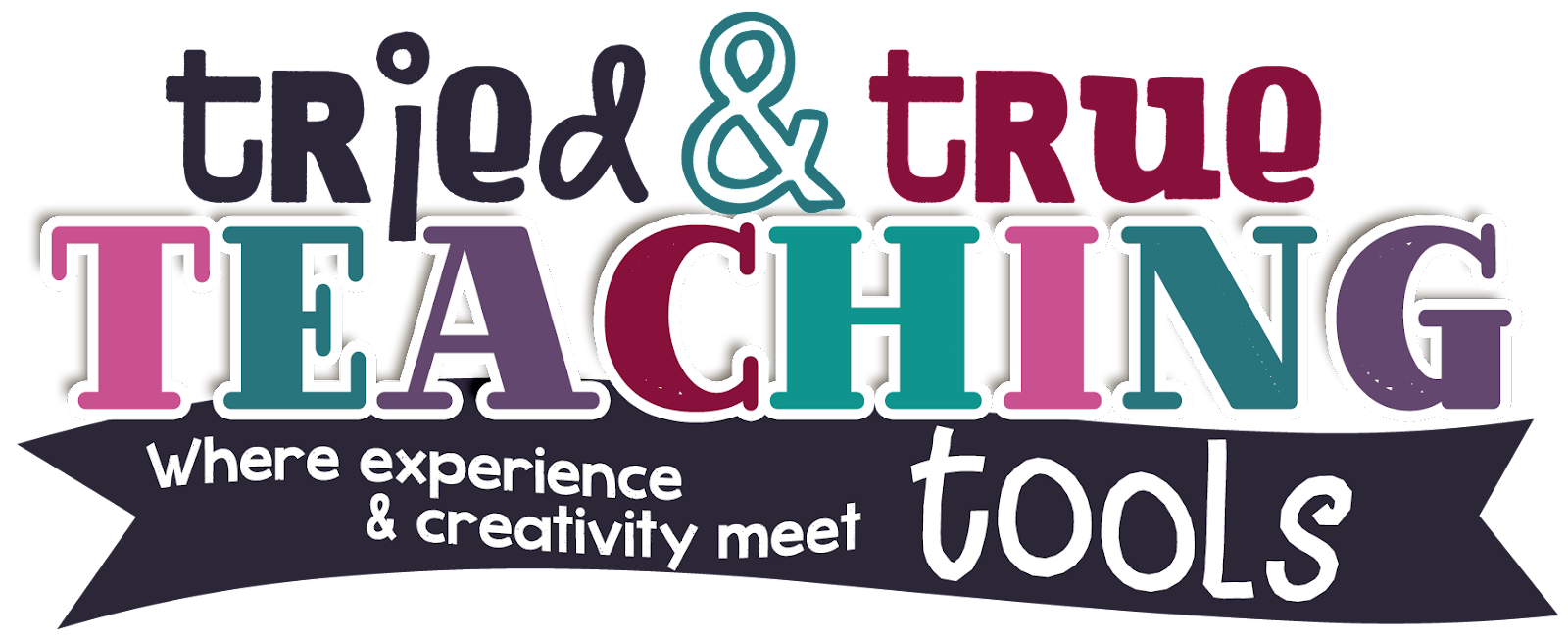The second half of Part 1 on Behavior Management gives four inservices.
A Scream to Blow Off Steam: A No Screaming Policy
I chuckled when I read: "If you were to walk into any school, anywhere, and ask the students, 'Who are the screamers on the faculty?' could the students tell you? Of course they could, with 100 percent accuracy. In all schools, all students know all the screamers." And isn't that the truth?! The authors suggest one of the best strategies to help keep classroom control is to take away their (screaming teachers') option of screaming at students. What? I had to pause for a moment to digest that.If you raise your voice to a student, you send the message that you have allowed the student to control your emotions. We also don't want to give the message that it's okay to lose your temper if you're really aggravated with someone. I cringe when I see supposed-role models like coaches, going ballistic on players, screaming and cursing. What kind of role-model is that?! No wonder kids think it's okay to act that way on the playground!
The authors suggest sharing the new No Screaming policy with adults and students at your school. Students will still be held accountable, but they can feel safe that they won't be verbally blasted, while it adds another measure of accountability for teachers.
The Biggest Mistake Teachers Make
Letting students know they have gotten to the teacher (emotionally) is the biggest mistake teachers make! Some tell-tale behaviors:- Teacher raising his/her voice in anger
- Teacher speaking with clenched teeth
- Teacher staring at the the ceiling with arms folded, possibly tapping foot
Ummm. . . . did any of you relate to these? Students need to know you are disappointed by their actions (much more effective than anger & yelling) and they are to be held accountable, but do so in a calm, professional manner.
Learn to Ignore More
Some behaviors are best ignored, but many teachers feel they have to address every little problem; thus, wasting valuable learning time! The key is to be able to determine if a situation is worth addressing or if it should just be ignored.The benefits of ignoring include
- This gives you a chance to calm down
- It allows you time to think & decide what to do, if anything, while continuing with class
- It give you the opportunity to deal with students individually, out of the range of the peers' listening ears
Simple Ways to Defuse Anger
If a student is not doing his work, the teacher remains calm. The teacher should act out of concern; find out WHY students are acting out. By doing this, you immediately remove the allure of a power struggle.
Our kids often have so much in their lives outside of the classroom that affects how they behave in the classroom. Remember that students are usually not acting out to specifically annoy you. I always love the saying:
As teachers, we must take care of ourselves so we don't get to the point of losing control! Check out my Teacher Care Pinterest board; I love pinning ideas for creating a calm atmosphere, even in the classroom, as well as nourishing yourself mentally & emotionally.You can read more about 5 Tried & True Tips for a Positive, Well-Behaved Classroom here.
Be sure to check back & follow along with the rest of The Ten-Minute Inservice:
Part II: Teaching Practices on March 12th
Part III: Improving School Climate on March 19th
Part IV: Learning from Others on March 26th
Part V: What Makes a Great Teacher? on April 2nd











You are so right. The students know who the screamers are, and they will tell you if you ask. This section was super interesting. And I love your quote boxes. I wish I had thought of that idea.
ReplyDeleteThanks for organizing this book study, Sarah! Quick read with lots of useful tips!
DeleteExcellent tips in this article! So important to display a calm demeanor at all times. Thank you for this useful write-up.
ReplyDeleteKeeping calm definitely helps! :)
DeleteThanks for sharing so many great tips to ponder and implement...
ReplyDeleteThanks for stopping by, Vicky!
DeleteBe a role model! Demonstrate how you want to students to behave in your classroom and follow your own expectations. They will imitate what they see than teachers just yelling! Such great points!
ReplyDeleteI so agree! Our students definitely imitate us (both positively & negatively!)
DeleteI have done well in the last few years learning not to scream. I guess some teachers in our school do scream because a student commented last year on his end of year feedback that I didn't scream at them all year. I have really taken to heart and thought about how I would feel if someone talked to me the way I hear some people talking to their students. I always try to speak respectfully.
ReplyDeleteI've had students mention how glad they are I don't scream & it always catches me off-guard. I hope my calm helps to convey a calm in my classroom, too!
Delete